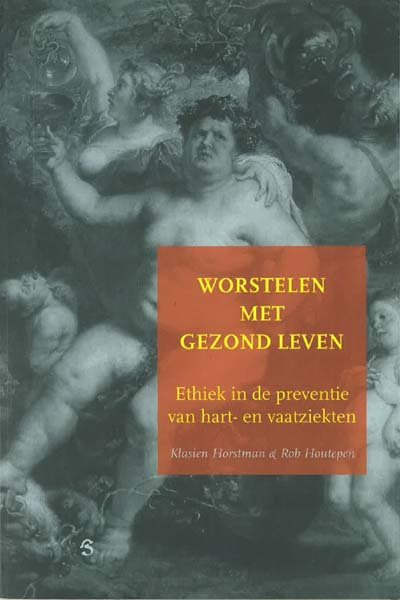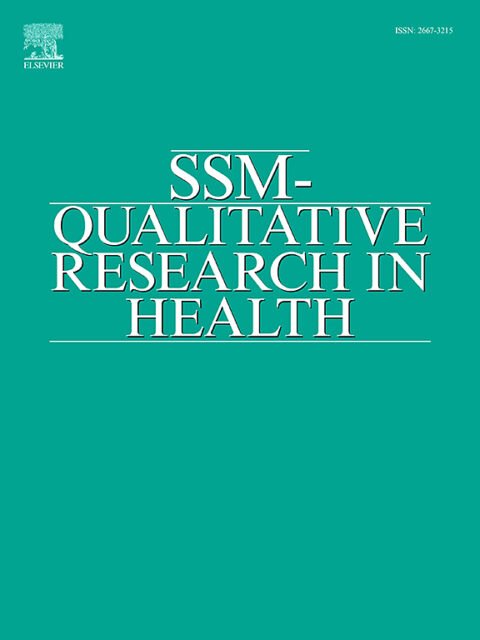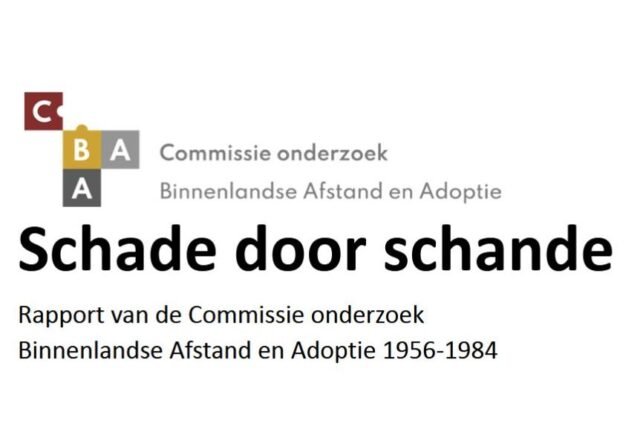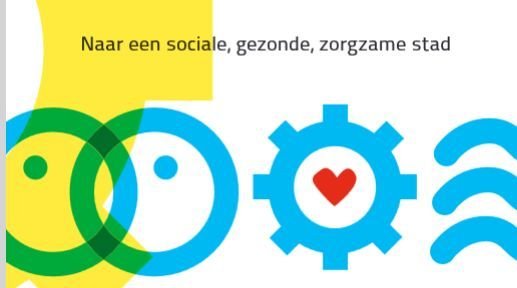This project (2002-2005) of Klasien Horstman and Rob Houtepen involved a qualitative empirical analysis of Heartbeat Limburg, a prevention project in South Limburg. The project was inspired by critical analyses of the politics and science of prevention. It examined how the ideals of a ‘good life’ are constructed in prevention projects that strive for, and present themselves as examples of, evidence-based public health. The project was funded by ZONMw. The Netherlands Organisation for Health Research and Development.
How are the different ideals of a ‘good life’ and the daily struggles to live this good life addressed in a prevention project that takes the form of a quasi-RCT, and that sees ‘everyday life’ as a laboratory? We analysed Heartbeat Limburg by following the activities of citizens (hiking, line dancing, food parties, yoga), professionals (community workers, general practitioners, cardiologists, lifestyle counsellors) and the PhD candidates involved.
We performed participant observations in the project team and in a neighborhood with a low socioeconomic status. In addition, we conducted interviews with professionals and citizens, and analysed the documents presenting the project to stakeholders and the public. We discovered that the RTC design of the study meant that specific parts of reality were rendered visible or invisible.
As a result, rationalistic norms for a ‘healthy lifestyle’ were strengthened and other ideals were tacitly rejected, thereby endangering the relationships between professionals and citizens. The project resulted in the book of Klasien Horstman and Rob Houtepen, Worstelen met Gezond leven. Ethiek in de preventie van hart- en vaatziekten (Amsterdam, Het Spinhuis, 2005)







